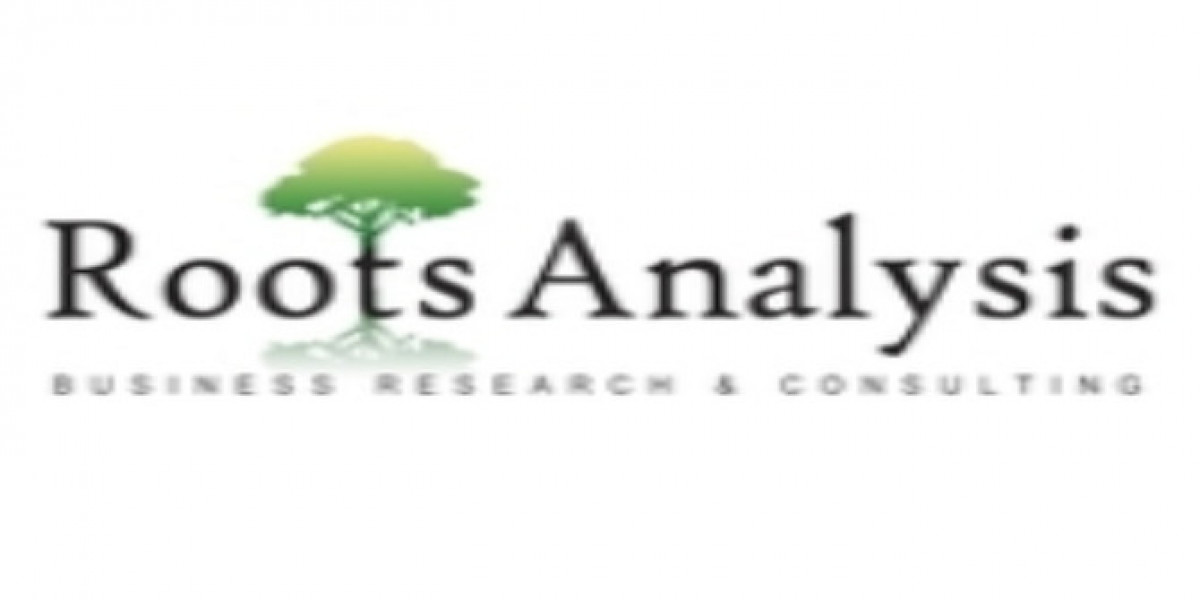The global Human Microbiome Market is witnessing significant growth, poised to rise from USD 791 million in 2024 to USD 6,091 million by 2035, marking a robust compound annual growth rate (CAGR) of 20.4%.
This growth trajectory is fueled by escalating demand for microbiome-driven therapies, particularly in areas such as gastrointestinal disorders, oncology, and metabolic diseases. As advancements in microbiome research continue to reveal new therapeutic avenues, the market is set to benefit from a range of innovative drug treatments and diagnostics.
Key Market Segments and Products
The market for human microbiome therapies is primarily divided into probiotic drugs and other drug types. Probiotics remain the dominant category, targeting the restoration and maintenance of gut microbiota. In addition, FMT (fecal microbiota transplants) and small-molecule therapies are emerging as important treatment modalities, especially in addressing complex conditions like colorectal cancer, diabetes, and inflammatory bowel diseases (IBD).
Several target indications are showing substantial growth potential:
- Colorectal Cancer
- Irritable Bowel Syndrome (IBS)
- Inflammatory Bowel Disease (IBD)
- Graft-vs-Host Disease (GvHD)
- Recurrent Clostridioides difficile Infection (rCDI)
Additionally, therapeutic areas such as digestive and gastrointestinal disorders, infectious diseases, and metabolic disorders continue to garner attention from researchers and investors alike due to their vast unmet medical needs.
Geographical Growth and Regional Dynamics
The global human microbiome market is segmented across North America, Europe, Asia-Pacific (APAC), and other regions such as Latin America and Middle East & North Africa (MENA). North America holds the largest share of the market, supported by robust research initiatives, favorable regulatory environments, and the presence of major players like 4D Pharma, Seres Therapeutics, and Rebiotix (acquired by Ferring Pharmaceuticals). The European market is also growing due to increasing research funding and government-driven healthcare initiatives aimed at addressing chronic diseases.
The APAC region is expected to experience the highest growth, with countries like China, India, and Japan playing pivotal roles in expanding the market. This is driven by increasing healthcare awareness, improving medical infrastructure, and rising levels of government support for research in microbiome-related therapeutics.
Competitive Landscape and Strategic Initiatives
The human microbiome market remains competitive, with a mix of established players and new entrants disrupting the sector. Key companies such as Finch Therapeutics, MaaT Pharma, and OxThera are leading the charge in advancing clinical trials and novel therapies. In terms of strategic positioning, mergers and acquisitions (M&A), partnerships, and product launches are key strategies driving market expansion.
For instance, Seres Therapeutics is expanding its therapeutic pipeline for gastrointestinal disorders, while Finch Therapeutics has made strides with its microbiome-based therapeutic for IBD. Additionally, 4D Pharma is advancing its Live Biotherapeutic Products (LBPs), capitalizing on cutting-edge microbiome science.
Market Dynamics and Investment Opportunities
Several macroeconomic and microeconomic factors are influencing the market's growth:
- Regulatory Challenges: Despite the high potential, regulatory hurdles for microbiome-based therapies remain, particularly in terms of defining safety and efficacy standards for live microbes.
- Technological Advancements: Innovations in genomics, bioinformatics, and metabolomics continue to fuel growth by offering more precise insights into the human microbiome.
- Rising Awareness: As consumer awareness increases about the microbiome’s role in overall health, particularly digestive and immune system health, the market for related products is expanding.
Investment opportunities abound in the therapeutic development and diagnostics sectors, where companies can innovate further to capitalize on unmet clinical needs. The market is ripe for personalized treatments based on individual microbiome profiles, which could lead to the creation of highly specific drugs that outperform traditional therapies.
Market Outlook and Future Prospects
As we move forward, the human microbiome market will continue to evolve, benefiting from:
- Ongoing R&D into microbiome-based solutions across various therapeutic areas.
- Increasing collaborations between biotech firms, academic institutions, and pharmaceutical companies.
- Regulatory advancements as global health authorities develop frameworks to support microbiome-based drugs.
The future of the market lies in its ability to transform our understanding of the human body through the lens of microbiome science. Stakeholders—from investors to pharmaceutical companies—must focus on fostering innovation, overcoming regulatory challenges, and expanding the geographic reach of microbiome-based therapies.








